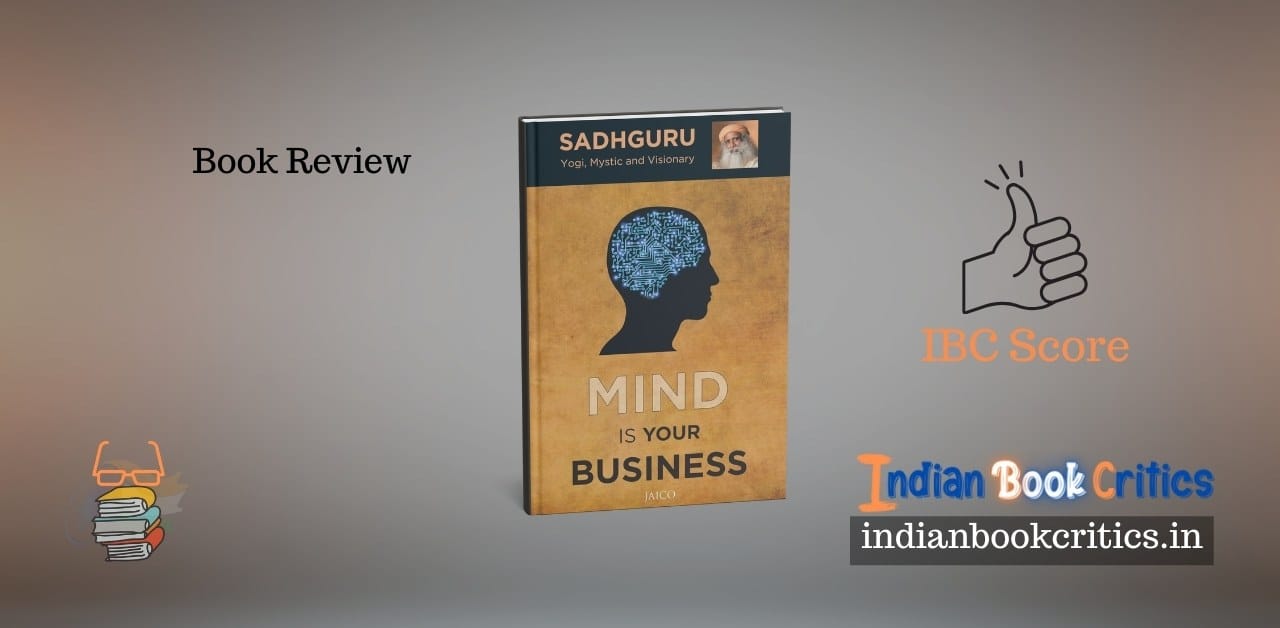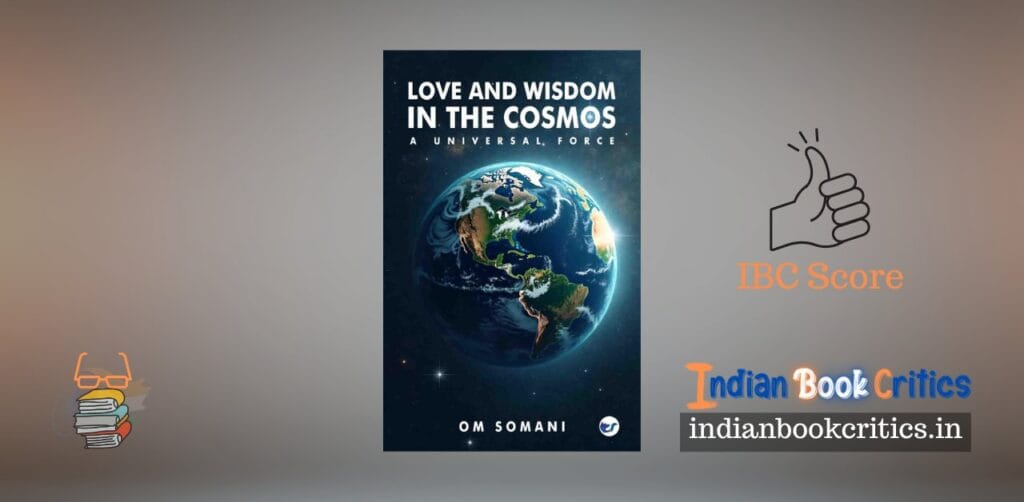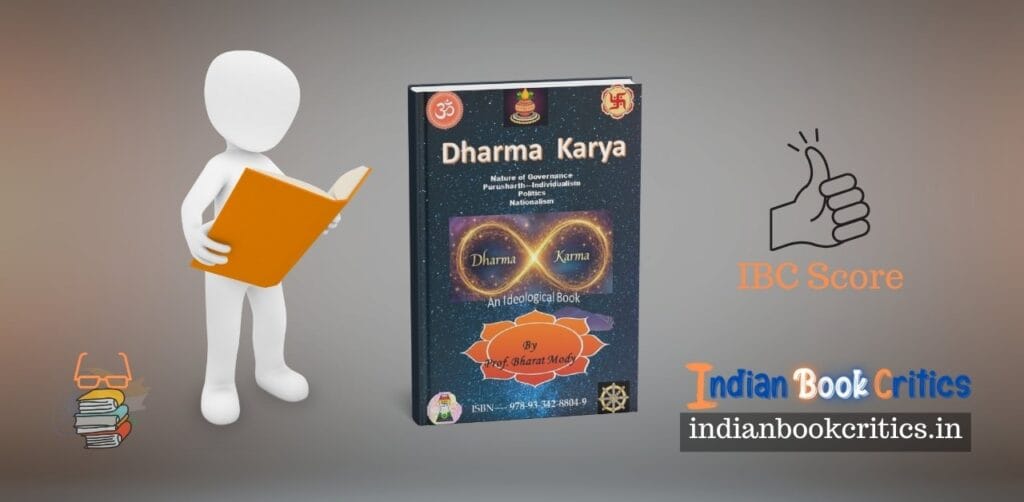Sadhguru’s Mind Is Your Business is a provocative and profoundly insightful exploration of the human mind, offering a radical reimagining of our relationship with thought, perception, and consciousness. Unlike conventional self-help books that advocate for controlling or silencing the mind, Sadhguru presents a more nuanced and liberating perspective: the mind is not an enemy to be subdued but a “tremendous possibility” waiting to be harnessed. The book dismantles the notion of the mind as an uncontrollable “circus” or “garbage bin” of thoughts, proposing instead that true freedom comes not from suppression but liberation—freeing the mind from identification with transient thoughts and societal conditioning. Structured into thematic sections rather than rigid chapters, the book flows organically from diagnosis to solution, guiding readers through the mind’s chaotic terrain toward clarity and mastery. Sadhguru’s approach is both philosophical and practical, blending ancient yogic wisdom with contemporary relevance, making it accessible to seekers and sceptics alike.
One of the book’s most compelling arguments is its distinction between the mind and the brain. Sadhguru asserts that the mind is not confined to the physical organ but is an all-pervasive activity, with every cell in the body possessing its intelligence. This perspective challenges reductionist views of cognition and opens the door to a more holistic understanding of human potential. The central metaphor of the mind as a “spectacular circus” rather than a mess is particularly striking. Sadhguru writes, “Once you liberate your mind from being identified with anything, then mind is a miracle; mind is a spectacular circus, not a mess.” This liberation, he argues, is achieved not through forceful control but through creating space between oneself and the mind’s incessant chatter. Meditation, as he presents it, is not an esoteric practice but a pragmatic tool for establishing this separation, turning the mind from a “terrible master” into a “wonderful slave.” His critique of modern over-reliance on logic—“Logic is a tool useful for discrimination but limited, like a ‘scalpel’ that cuts but cannot see”—resonates deeply in an era where rational thought is often idolised at the expense of deeper intelligence and perception.
The book’s practical teachings are grounded in yogic science, particularly the concepts of the five sheaths (physical, mental, energetic, wisdom, and bliss bodies) and the role of the spine’s energy channels (Ida, Pingala, Sushumna). Sadhguru demystifies these ancient frameworks, presenting them as actionable technologies for self-transformation rather than abstract metaphysics. For instance, he introduces practices like Isha Kriya, a breath-based meditation designed to create distance from the mind’s turbulence and reconnect with the “source of existence.” These techniques are not quick fixes but disciplined approaches to rewiring one’s relationship with thought. One of the book’s most jarring yet illuminating assertions is that “Your aliveness is going down because you are committing suicide with your thought process,” a stark reminder of how unchecked mental activity can drain vitality. This aligns with his broader thesis that most suffering is self-manufactured through misplaced identification with the body, emotions, or social labels. The solution, he suggests, is to experience life not through the filter of thought but through direct perception: “If you simply sit here as a piece of life—not as a man or a woman, not as a Hindu or a Christian, not as an Indian or an American, not as anything—simply as a piece of life, you will see, the mind will become still.”
Where Mind Is Your Business diverges from typical spiritual literature is in its unflinching confrontation of the mind’s discretionary power. Sadhguru emphasises that the mind’s fluidity allows it to shape reality, for better or worse. “Your mind is not a solid state, your mind is a fluid. You can make it take on any shape,” he writes, hinting at focused consciousness’s creative (and destructive) potential. This idea is expanded in his discussion of powerful hallucination—“If you create it in your mind and empower it with your consciousness, it can become a live process”—a concept reminiscent of Tantric practices where mental constructs are imbued with life force. Yet, he cautions that such practices demand dispassion; without detachment, the mind’s creations can enslave rather than liberate. This balance between creativity and discipline is a recurring theme, reflecting Sadhguru’s broader teaching that true mastery lies in transcending the mind’s limitations without rejecting its utility.
Critics might argue that the book’s reliance on yogic terminology could alienate readers unfamiliar with Eastern philosophy. However, Sadhguru’s analogies and plainspoken delivery mitigate this risk. A more substantive critique is the book’s occasional leap from individual psychology to cosmic principles, such as the claim that transcending the mind also transcends “karmic bondage completely.” While intellectually stimulating, these assertions may challenge empirically minded readers. Yet, this is less a flaw than a reflection of the book’s ambitiously holistic scope. It refuses to compartmentalise the mind’s workings, presenting them as inseparable from existential and spiritual dimensions.
Comparisons to other mindfulness or meditation guides are inevitable, but Mind Is Your Business stands apart in its refusal to offer palliative comfort. Unlike works that promise peace through positive thinking, Sadhguru’s approach is surgical, precisely dissecting the root causes of mental suffering. His tone is neither prescriptive nor dogmatic but invitational, urging readers to experiment and verify his insights. The book’s ultimate message is empowering: the mind ceases to be a source of torment when freed from identification and harnessed with awareness. It becomes an instrument of unparalleled clarity and creativity.
Mind Is Your Business is a clarion call to reclaim agency over one’s inner life in a world drowning in distractions and superficial solutions. It is not a passive read but a manual for active self-transformation, demanding engagement and experimentation. For those willing to look beyond the magnified dramas of daily existence—“There is no need to look at the magnified version. Look at this little piece of life that you call ‘myself’—that’s all”. The book offers a roadmap to lasting freedom. Whether one fully embraces its spiritual underpinnings or not, its core premise is undeniable: the quality of your life depends on the quality of your mind. And that, as Sadhguru masterfully demonstrates, is entirely your business.
Get a copy from Amazon India – click here.
Review by Anand S J for Indian Book Critics
Mind Is Your Business by Sadhguru, a detailed review
- IBC Critical Rating
Summary
A classic Sadhguru book… though he does oversimplify a few concepts, he makes it accessible to the masses. Do you mind if it’s the readers’ business to read and critique? 🙂




